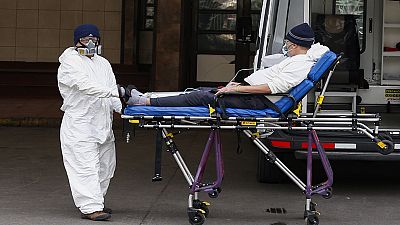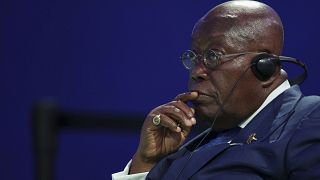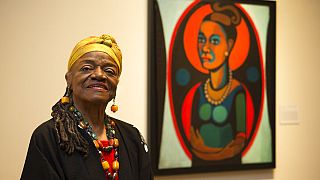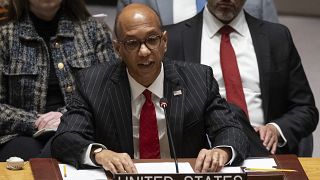USA
U.S. regulators on Monday revoked emergency authorization for malaria drugs promoted by President Donald Trump for treating COVID-19 amid growing evidence they don’t work and could cause serious side effects.
The Food and Drug Administration said the drugs hydroxychloroquine and chloroquine are unlikely to be effective in treating the coronavirus. Citing reports of heart complications, the FDA said the drugs’ unproven benefits “do not outweigh the known and potential risks.”
The decades-old drugs, also prescribed for lupus and rheumatoid arthritis, can cause heart rhythm problems, severely low blood pressure and muscle or nerve damage.
“The FDA looked at the data, the information that was available from the various studies that had been done, and concluded two things: one that there was no evidence that the drug actually benefited people. It didn’t shorten the time of infection and it didn’t reduce the risk of death,” said Dr. Steven Nissen, a Cleveland Clinic researcher and frequent FDA adviser.
“They did note, however, that in some studies people did worse, that there were very serious side-effects from the drugs, which in fact could be lethal,” Nissen added.
The move means that shipments of the drugs obtained by the federal government will no longer be distributed to state and local health authorities for use against the coronavirus. The drugs are still available for alternate uses, so U.S. doctors could still prescribe them for COVID-19 — a practice known as off-label prescribing.
On Thursday, a National Institutes of Health panel of experts revised its recommendations to specifically recommend against the drug’s use except in formal studies.
The actions by FDA and NIH send a clear signal to health professionals against prescribing the drugs for coronavirus.
Trump aggressively pushed the drug beginning in the first weeks of the outbreak and stunned medical professionals when he revealed he took the drug preemptively against infection.
No large, rigorous studies have found the drugs safe or effective for preventing or treating COVID-19. And a string of recent studies made clear they could do more harm than good.
“I think it would have been wiser for the FDA not to encourage us of hydroxychloroquine and wait for better data. And I think there’s a lesson to be learned that a rush to judgment is not good science,” Nissen said.
The FDA granted emergency use of the drugs for coronavirus patients in late March at the same time the U.S. government accepted 30 million doses of hydroxychloroquine and chloroquine that had been donated by two foreign drug manufacturers. Millions of those doses were shipped to U.S. hospitals to treat patient who weren’t enrolled in clinical trials.
But the FDA previously warned doctors that it had seen reports of dangerous side effects and heart problems reported to poison control centers and other health systems.













01:05
Uganda to destroy $7.3 million worth of out-of-date Covid vaccines
Go to video
Covid-19: nearly 10,000 deaths in December 2023, according to the WHO
01:51
Egypt tourist arrivals surge as industry shakes off pandemic fall
11:07
China cuts lending as Belt and Road shifts focus [Business Africa]
Go to video
Uganda: Covid free Museveni has resumed presidential duties
Go to video
Ugandan president on "forced leave" because of Covid-19